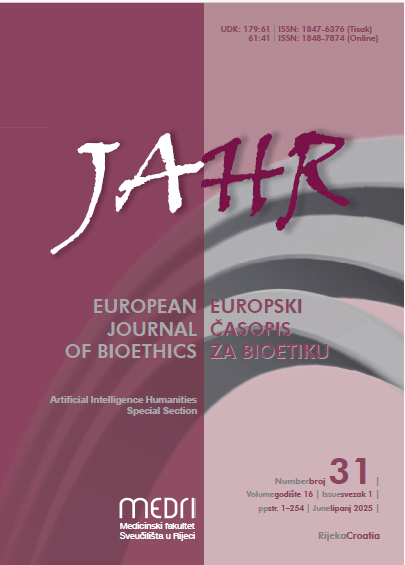A ‘Pathless Land’ of Compassion:
An Ethical Perspective of Jiddu Krishnamurti and Zen Kōans
Keywords:
Compassion, empathy, love, thought, metaphysics of the self, well-being, Jiddu Krishnamurti, Zen KōansAbstract
https://doi.org/10.21860/j.16.1.9
The connection between the metaphysics of the self and ethics is often relegated to the margins in the mainstream philosophies. Be it the empiricists following Hume concerning the gulf between the “is-ought” judgments or contemporary analytic philosophers who agree with G. E. Moore’s notion of the “naturalistic fallacy.” In this article, we focus on the relationship between the metaphysics of the self and its implications for ethics, particularly a bioethical perspective on the mental well-being of human beings in terms of compassion, empathy and love. Such a perspective has the potential of self-transformation by using the tools of Philosophical Counselling in tune with Krishnamurti’s insights and dialogues of Zen Kōans.
Can we speak about empathy as a path or empathy as a goal? Also, can we speak about self-compassion and compassion for others as being separated or divided? The response lies beyond dualism, beyond categories that we are used to, that we are trained to see. Through the exploration of Krishnamurti’s insights on thought, memory, knowledge and experience, which show that these are always limited and therefore bring division and conflict, and then Zen Kōans as a dialogue between the master and a disciple(s), where disciple(s) should get freed from the ideas, forms, and all that is created by thought, we arrive at the place where duality ends. And where duality ends, there dwells empathy, love and compassion opening up possibilities for self-transformation through philosophising
Downloads
Published
Issue
Section
License
Authors who publish with this journal agree to the following terms:
- Authors retain copyright and grant the journal right of first publication with the work simultaneously licensed under a Creative Commons Attribution License that allows others to share the work with an acknowledgement of the work's authorship and initial publication in this journal.
- Authors are able to enter into separate, additional contractual arrangements for the non-exclusive distribution of the journal's published version of the work (e.g., post it to an institutional repository or publish it in a book), with an acknowledgement of its initial publication in this journal.
- Authors are permitted and encouraged to post their work online (e.g., in institutional repositories or on their website) prior to and during the submission process, as it can lead to productive exchanges, as well as earlier and greater citation of published work (See The Effect of Open Access).



